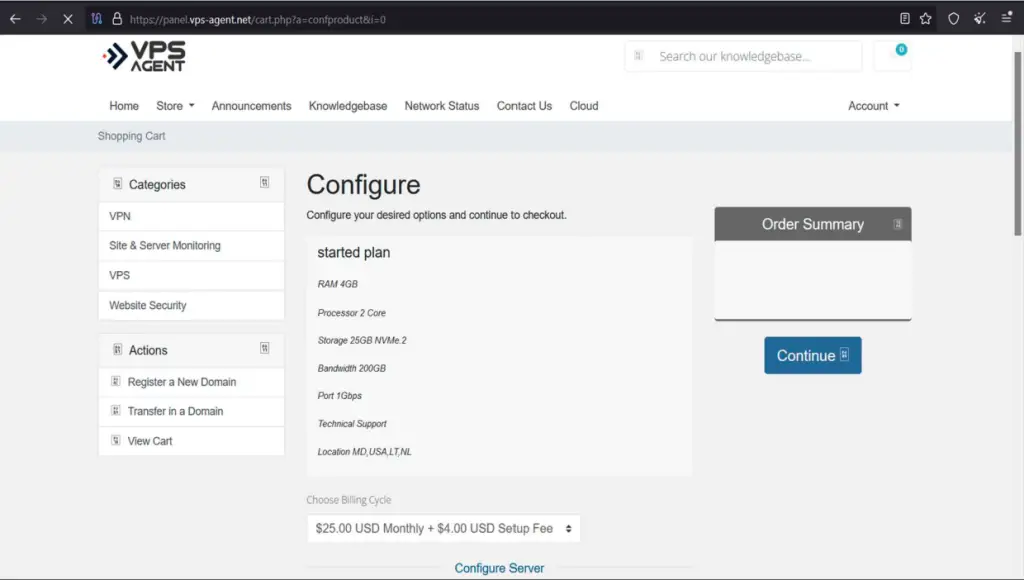Iranian Cyber Group Emennet Pasargad’s Expanding Operations Targeting Global Networks

A joint cybersecurity advisory from the FBI, U.S. Department of Treasury, and Israel National Cyber Directorate has revealed new tactics employed by the Iranian cyber group Emennet Pasargad (operating under Aria Sepehr Ayandehsazan or ASA). Known in the private sector as Cotton Sandstorm and Haywire Kitten, this group has escalated its activities, employing new infrastructure and expanded targeting techniques across multiple sectors, including the 2024 Summer Olympics and prominent international entities. The advisory warns of ASA’s growing capabilities in cyber-enabled information operations and system compromises, underscoring the need for heightened vigilance.
ASA’s evolving operations have taken a multi-faceted approach. According to the advisory, the group has exhibited “a myriad of cover personas, including multiple cyber operations… targeting the 2024 Summer Olympics.” Notably, Emennet Pasargad compromised a French display provider to spread disinformation, signaling the group’s willingness to integrate psychological and digital components into its strategy. In another example, ASA targeted IP cameras to gather live footage in sensitive locations, including Israel and Gaza, to support its narrative-driven campaigns. The advisory highlights that “ASA enumerated IP addresses running the Real Time Streaming Protocol… in Israel, Gaza, and Iran,” gaining access to sensitive visual data that could be used for propaganda purposes.
ASA’s infrastructure strategies are sophisticated and reveal efforts to mask the origin of its operations. Using fictitious hosting providers, ASA created “Server-Speed” and “VPS-Agent” to source server space from Europe-based vendors, including BAcloud and Stark Industries Solutions. This infrastructure serves to “centralize and manage provisioning of operational infrastructure while providing plausible deniability.” Additionally, these cover providers have supplied hosting for controversial sites, such as Hamas-affiliated domains, strengthening ASA’s ties with regional cyber actors. In July 2024, ASA pivoted its operations, using this infrastructure to launch targeted influence campaigns during the 2024 Olympic and Paralympic Games in France.

(Images of vps-agent[.]net website)
In response to ASA’s enhanced tactics, the advisory recommends a series of mitigations, including close monitoring of VPN-based authentications and the deployment of demilitarized zones (DMZ) to isolate public-facing applications from core networks. Emphasis is placed on “regular updates to applications and the host operating system to ensure protection against known vulnerabilities,” as ASA has leveraged outdated system defenses in previous campaigns. To help organizations defend against ASA’s infrastructure reconnaissance techniques, the advisory advises employing Web Application Firewalls (WAFs) and input validation checks to limit ASA’s ability to manipulate and penetrate network defenses.
Related Posts:
- Active Exploits Target Cisco ASA and FTD VPNs: Urgent Update Needed (CVE-2024-20481)
- SAML Authentication System Vulnerability Affects Cisco Firepower, AnyConnect, and ASA Products
- Cisco Adaptive Security Appliance exists Critical VPN Flaw
- Cisco fix the zero-day CVE-2023-20269 flaw in its VPN products





